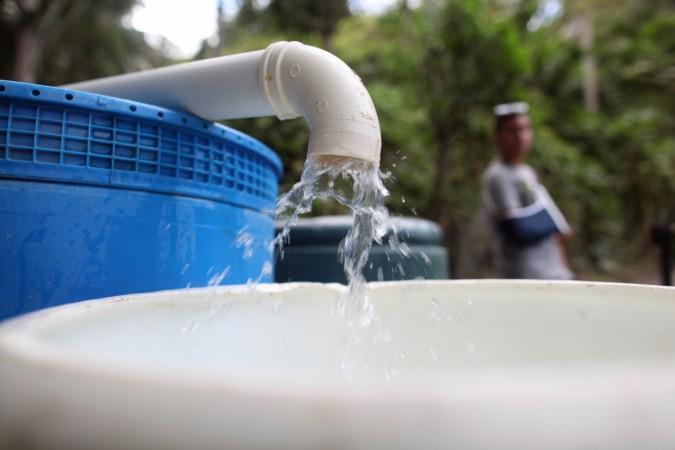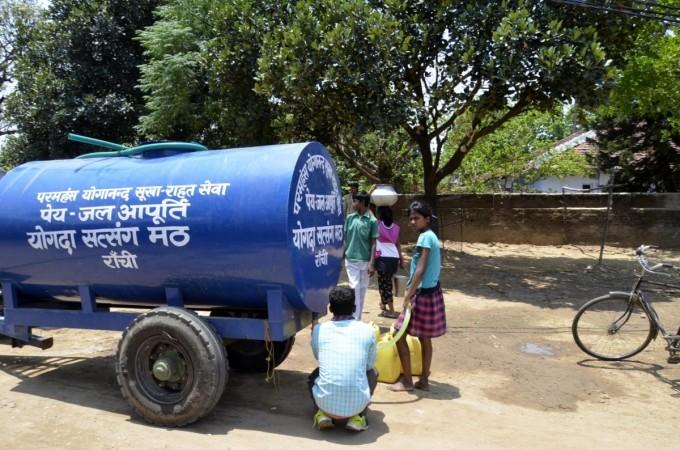
India is facing its worst water crisis in India as nearly 600 million citizens are facing high to extreme water shortage, according to a report by NITI (National Institution for Transforming India) Aayog, the government policy think tank.
The report titled 'Composite Water Management Index' set off the alarm bells by stating that at least 21 major cities may run out of groundwater by 2020.
Minister for Water Resources Nitin Gadkari released the report.
The crisis is only going to get worse as the demand is likely to be double the available water by 2030 making millions of people face water scarcity thereby, affecting the GDP by 6 percent.

"Water management is often currently viewed as a zero-sum game by states due to limited frameworks for inter-state and national management. This has resulted in seven major disputes regarding the country's rivers, involving 11 states, as well as limited policy coordination on issues like agricultural incentives, pump electricity pricing, etc. These issues can be addressed by boosting cooperation at a federal and inter-state level," the report stated.
NITI Aayog had ranked all the states in India in the index of composite water management based on indicators like irrigation, farm practices and drinking water among others.
While Gujarat topped the list followed by Madhya Pradesh, Andhra Pradesh, Karnataka, and Maharashtra, the bottom half of the rankings saw northern states of Uttar Pradesh, Bihar, Rajasthan, and Haryana which have a worryingly huge population compared to other states.
On World Water Day, the Down to Earth magazine published by Centre for Science and Environment, a think tank based in New Delhi, said that over 200 cities could face water shortage in the near future, and Bengaluru is one of them.

















